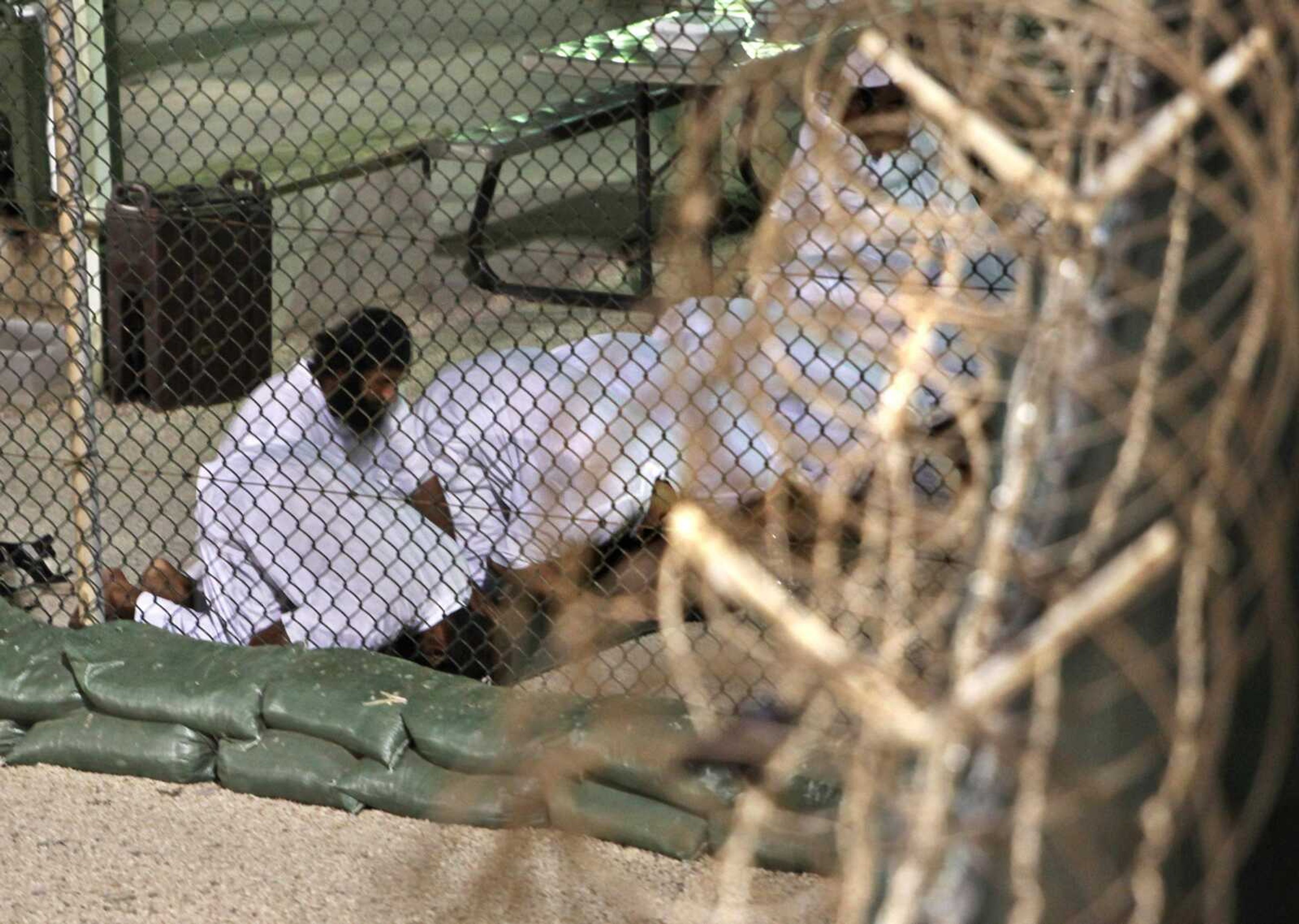Administration signals it's trying to bring second Gitmo detainee to U.S. for trial
WASHINGTON -- The Obama administration on Friday signaled it intends to bring a second Guantanamo Bay detainee to the United States for trial in criminal court. Federal prosecutors told a court Friday they no longer plan to hold Mohammed Jawad as a wartime prisoner...
WASHINGTON -- The Obama administration on Friday signaled it intends to bring a second Guantanamo Bay detainee to the United States for trial in criminal court.
Federal prosecutors told a court Friday they no longer plan to hold Mohammed Jawad as a wartime prisoner.
Instead, they wrote in a court filing, they plan to begin a criminal investigation. That would most likely mean bringing him to criminal trial in the United States.
Even if that happens, Jawad is not likely to be transferred soon. For the time being, prosecutors say, he will remain at the Navy-run detention center at Guantanamo Bay, Cuba, while an "expedited" criminal investigation is conducted.
So far, the only Guantanamo detainee brought to face trial in a U.S. criminal court is Ahmed Ghailani, who was sent to New York in June to face charges he helped orchestrate two bomb attacks on U.S. embassies in Africa in 1998.
Jawad has been detained at Guantanamo Bay for six years after being accused of tossing a grenade at a jeep in Afghanistan that wounded two U.S. soldiers and their interpreter.
Earlier this month, the Justice Department agreed not to use his confession after his lawyers argued the statements were the result of torture by Afghan authorities.
Jawad's attorneys say he was only about 12 years old at the time, although there aren't records of his birth in a refugee camp in Pakistan. The Pentagon says a bone scan shows Jawad was older, about 17, when he was arrested.
In October, a military judge threw out a confession made by Jawad following his arrest. The judge found that Jawad initially denied throwing the grenade and only admitted it after Afghan authorities threatened to kill him and his family if he didn't confess.
The military tribunals at Guantanamo Bay allow evidence obtained through coercion but not torture, leaving it to a judge to decide whether the line between coercion and torture has been crossed. In Jawad's case, the judge found the threats made by the Afghans were torture. Jawad is now suing for his release in U.S. District Court in Washington.
Afghan officials turned Jawad over to U.S. custody shortly after he confessed. He was questioned by U.S. officials overnight. The military judge also said Jawad's statements during that interrogation couldn't be used because they were tainted by the torture at the hands of the Afghans just a few hours earlier.
Connect with the Southeast Missourian Newsroom:
For corrections to this story or other insights for the editor, click here. To submit a letter to the editor, click here. To learn about the Southeast Missourian’s AI Policy, click here.









